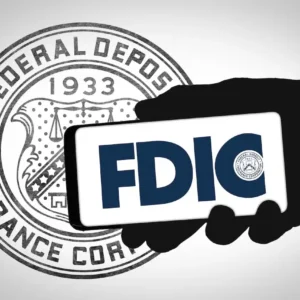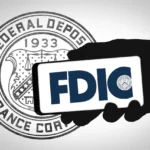In the last few years, a new wave of banks has emerged—completely online, with no physical branches. These digital-only financial institutions, known as neobanks, are gaining popularity, especially among younger and tech-savvy Americans.
But as neobanks grow, many people still wonder: Are neobanks safe for American consumers? Let’s break down what neobanks are, how they work, and whether your money is truly secure.
What Is a Neobank?
A neobank is a digital-only bank that offers financial services through mobile apps or websites. Unlike traditional banks, they don’t have branches or physical locations.
Neobanks typically offer:
-
Checking and savings accounts
-
Debit cards and mobile payments
-
Budgeting tools
-
Early direct deposit
-
Low or no fees
Popular examples in the U.S. include:
-
Chime
-
Varo Bank
-
Current
-
SoFi Money
-
Revolut
Are Neobanks Safe for American Consumers?
Yes—but it depends on a few key factors. Here’s what makes neobanks safe:
1. FDIC Insurance
Most reputable neobanks partner with traditional FDIC-insured banks to hold your money. This means:
-
Your deposits are insured up to $250,000 per person, per bank
-
If the neobank or its partner bank fails, your money is still protected
Tip: Always verify the FDIC-insured partner listed in the neobank’s terms.
2. Security Features
Neobanks use strong digital security, including:
-
Two-factor authentication (2FA)
-
Biometric login (face/fingerprint ID)
-
Real-time transaction alerts
-
Encryption and secure servers
3. Regulatory Oversight
Many neobanks are licensed or work with chartered banks regulated by U.S. financial authorities. But not all fintech apps follow the same rules, so research before trusting any platform.
Advantages of Using a Neobank
-
No minimum balances or fees
-
Faster account setup
-
Instant alerts and mobile control
-
Modern interfaces and smart tools
-
Access to features like early paycheck deposits
These benefits make neobanks appealing for Americans looking to escape traditional bank frustrations.
Potential Risks and Limitations
-
Limited Services: Most neobanks don’t offer loans, mortgages, or full investment products
-
No Branch Access: All support is online or by phone
-
Some Are Not Banks: Some are financial tech companies, not actual banks—meaning funds may not be FDIC insured directly
How to Choose a Safe Neobank
-
Look for FDIC insurance through a partner bank
-
Read user reviews and complaints online
-
Confirm fee transparency and mobile support quality
-
Start with a small amount before going all-in
Final Thoughts – A Safe, Smart Choice for the Digital Age?
Neobanks are changing the way Americans manage money—offering fast, low-cost, and flexible banking. As long as you choose a reputable provider with FDIC insurance, neobanks are safe for American consumers and can be a strong alternative to traditional banks.
Just do your homework, understand the trade-offs, and enjoy the modern banking experience.














